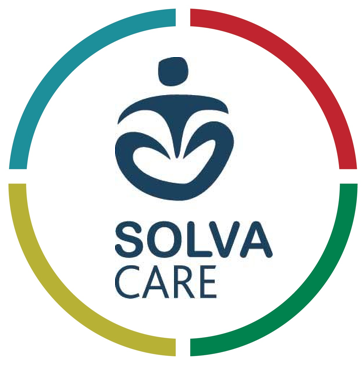 Findings from a study to assess the feasibility of evaluating the impact of Solva Care
Findings from a study to assess the feasibility of evaluating the impact of Solva Care
April 2017
Solva Care is a community led project to improve people’s health and quality of life. The project was set up in 2015 in response to community demands for local support services for individuals and families, identified through a community survey and meetings.
Solva Care coordinates a team of volunteers who visit older and more vulnerable people who need help with daily tasks. Volunteers also help carers by looking after their loved ones for a short while.
In 2016, a research team led by Dr Bridie Evans, PRIME Centre Wales Research Fellow at Swansea University, were tasked with establishing the feasibility of describing and assessing the impact of the Solva Care model in order to inform development of future research.
Dr Evans says:
"Our study showed that it is feasible to collect information which can be used to research how Solva Care works and what difference it makes. We also found that Solva Care is needed and valued by the community.
"It has the potential to keep people living longer in their homes despite poorer health. It may also reduce unplanned use of health services and the length of time people stay in hospital because there is some support when they come home. It is important that more research is carried out to understand how Solva Care works and what difference it makes. We need to know if this way of working can be used successfully in other communities."
The research team found:
- Solva Care Management Board keeps records to help manage the services it provides. These services include dog walking, shopping, visits, transport and respite support. Their records show that demand has increased over the first operating year (2015-2016). These records could be improved so there is better quality information for future research.
- Anonymous routinely collected information is available for the Solva area. This describes the primary, secondary and emergency health services used by Solva residents. We were also able to link the anonymous information with names of individuals who agreed we could do this, to find which services they had used. This information was more comprehensive than what they told us in questionnaires.
- We asked Solva Care clients and volunteers to complete questionnaires about their quality of life and health service use. 79% returned a completed questionnaire and 84% of these agreed we could link their replies with routine health records. Solva Care clients and volunteers said they had strong networks of family and friends who they socialise with and rely on for support and companionship. Clients tended to have slight or moderate difficulties with some aspects of their day to day health and scored their overall health lower than volunteers. Approximately two thirds of Solva Care feasibility study final report 4 clients and nearly half of volunteers had used hospital services in the previous three months and the same number had visited a GP in person.
- Seven volunteers and four clients took part in two group discussions to talk about their experiences of Solva Care. Solva Care clients praised the service. In addition to receiving practical assistance, they valued the emotional support they received and felt it enabled them to remain independent and active in the community. Volunteers said their role was rewarding and enjoyable. They felt it gave them a sense of identify and self-worth. They believed they provided companionship and practical care and had enabled some clients to remain in their homes, or return home from hospital, despite very poor health.
- Solva Care also distributed a questionnaire to all Solva residents and 80% were returned. Most Solva residents believed Solva Care was good for the community. They heard about the scheme through multiple routes including Solva News, a friend or relative and the Solva Care leaflet.
The full report is available to download here.
